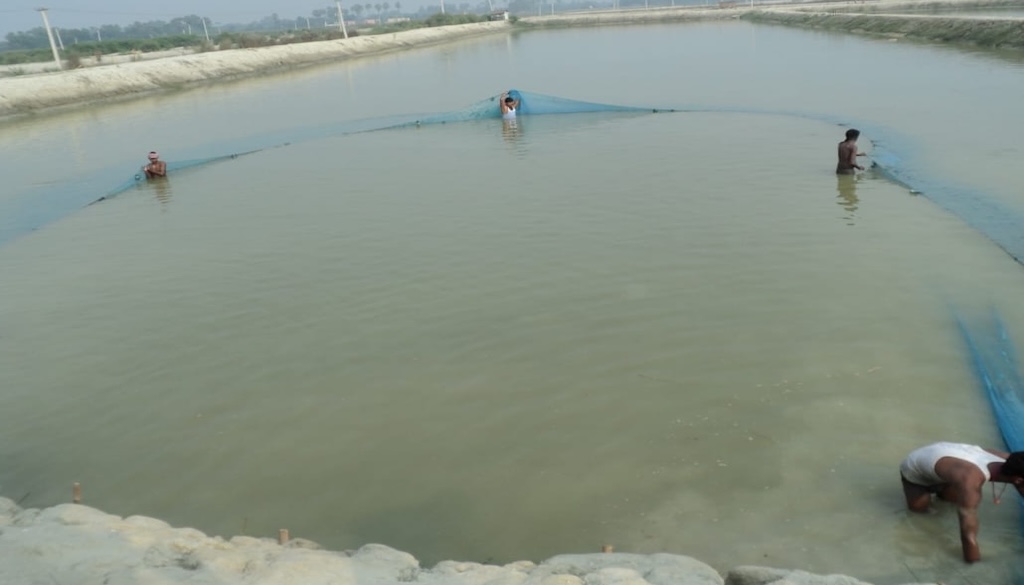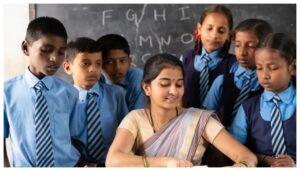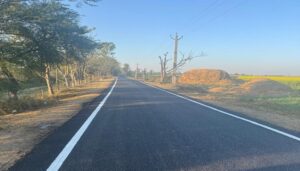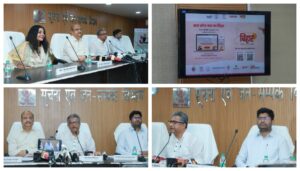
Patna: As temperatures rise across Bihar, the state’s Directorate of Fisheries has urged fish farmers to adopt scientific practices and enhanced pond management to protect yields and ensure healthy aquatic ecosystems. In a seasonal advisory released by the Animal and Fisheries Resources Department, officials emphasised that April marks a critical month for fish farming, owing to changes in water quality and oxygen levels.
Speaking from Patna, the Director of Fisheries warned that failing to take precautionary measures could hinder the growth of fish and lead to avoidable losses. “With the onset of summer, the cleaning of ponds becomes essential so that fish are provided with a clean and oxygen-rich environment,” he said. Maintaining natural food availability, monitoring oxygen levels, and ensuring proper water depth are key to boosting both fish health and production capacity.
Focus on Water Quality and Disease Control
April’s rising temperatures can alter water chemistry and make ponds susceptible to diseases and insect infestations. The advisory calls on farmers to repair or clean existing ponds, begin constructing new ones, and initiate the breeding of grass carp seeds in hatcheries. In cases of Argulus or other parasitic infections, fish farmers have been asked to consult experts before administering insecticides.
The department has also highlighted the importance of disease prevention and water management. Ponds should maintain a minimum water depth of 1.5 metres throughout the year, and in the event of foul-smelling or green water, supplementary feeding must be paused. Farmers have been advised to use aerators or air blowers for 2–4 hours each morning and evening to maintain dissolved oxygen levels.
Guidance for Hatchery Operators and Breeders
For hatchery operators and fish seed producers, the advisory recommends administering protein-rich diets and gut probiotics to breeder fish to support the fertilisation of high-quality eggs and improve spawn survival rates. Male and female breeders should be kept in separate ponds at least one month before seed production. Additionally, the presence of aquatic weeds and insects should be monitored regularly, and slaked lime applied at a rate of 100–150 kg per acre before seed stocking.
Farmers are also encouraged to assess natural food levels in nursery and rearing ponds using plankton nets, and to regularly monitor fish health and growth by casting nets in the pond—except in ponds containing Pangasius species, where this practice should be avoided.
The Directorate reaffirmed that by adhering to seasonal guidelines and adopting scientific aquaculture practices, fish farmers can significantly enhance productivity and profitability.





